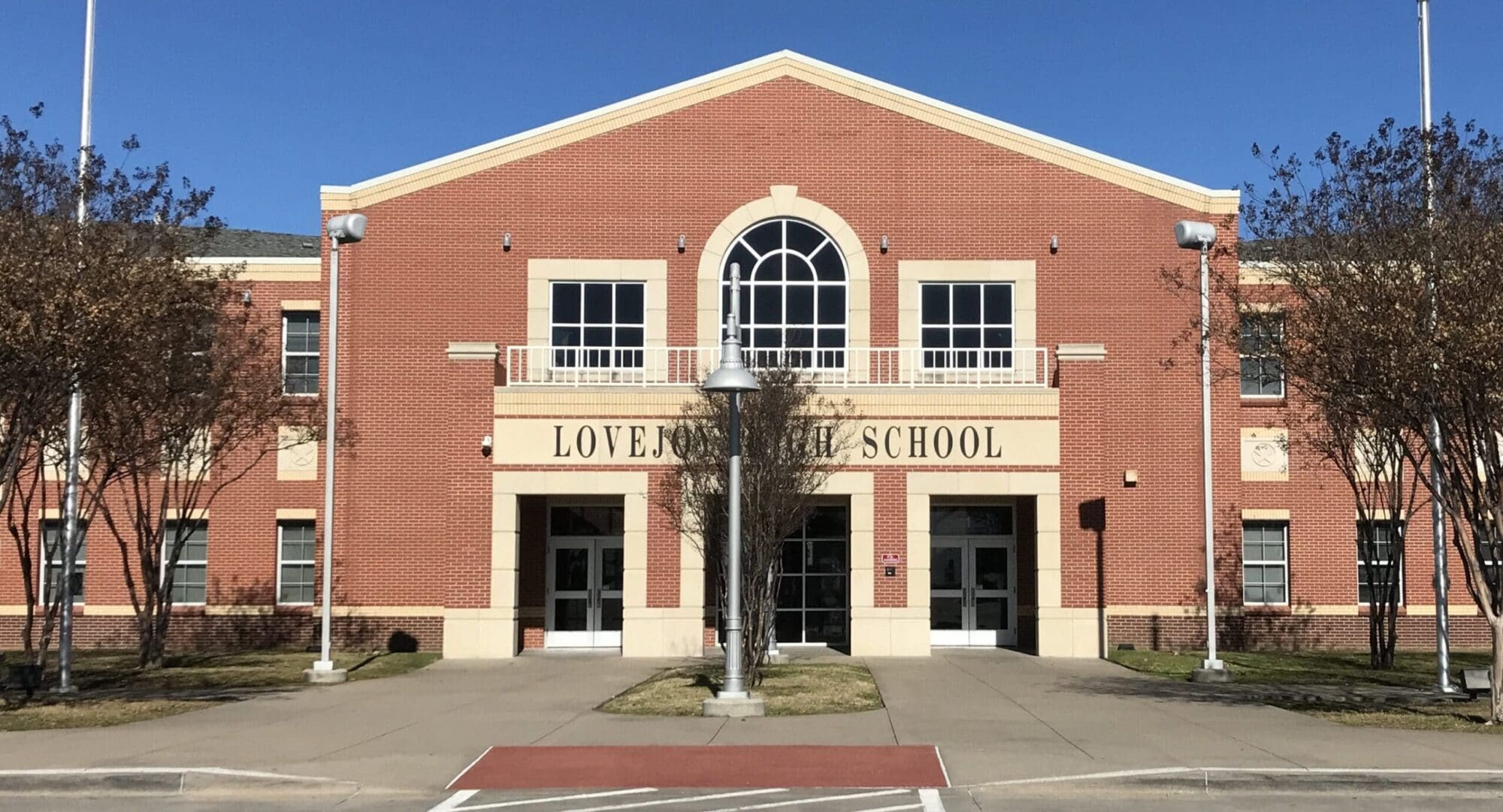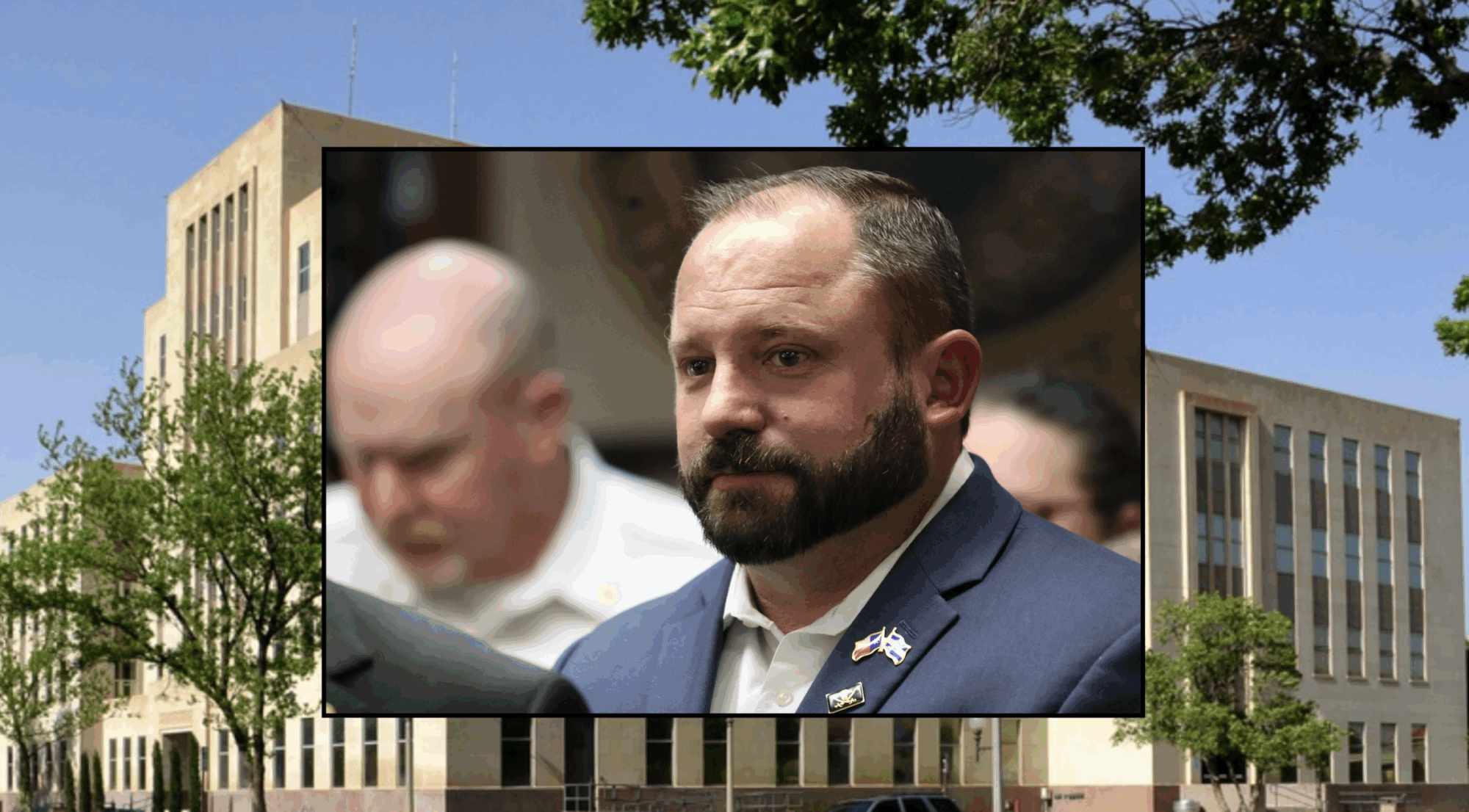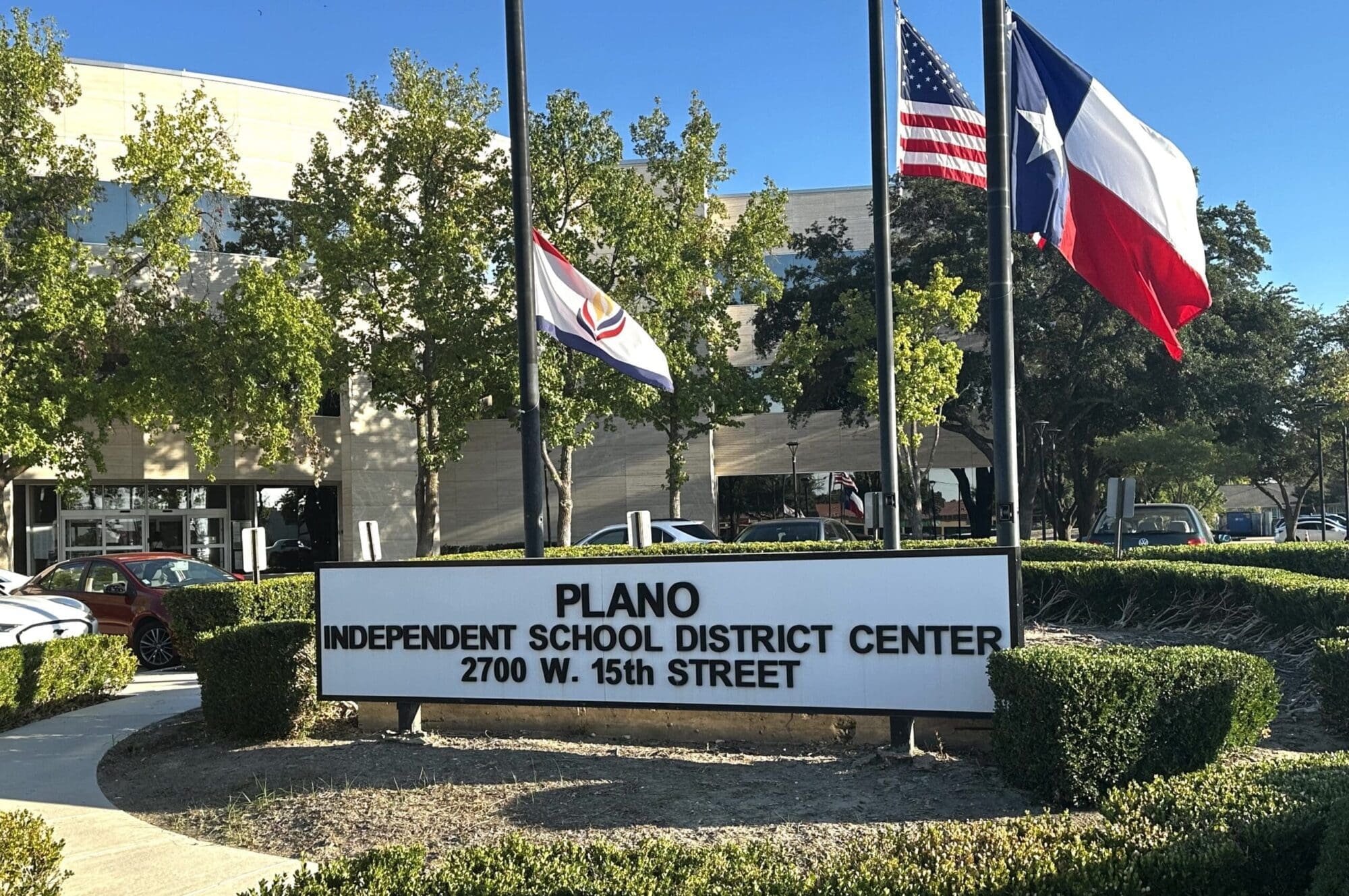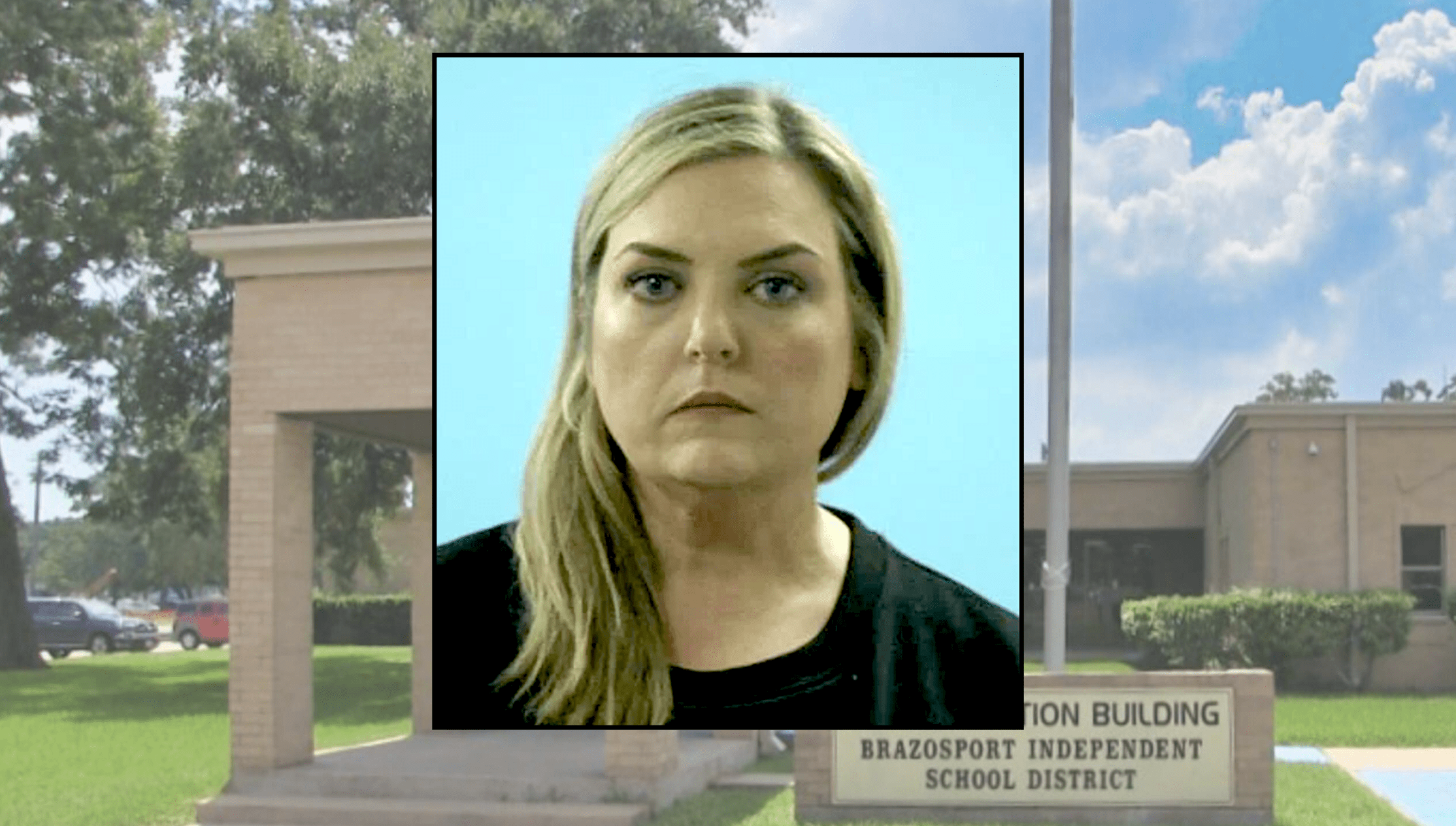Taxpayers in Lovejoy Independent School District are pushing back on a proposed $276 million bond package on the May 3 ballot.
With interest, the bonds would cost property taxpayers $511 million, according to the district’s own estimates—85 percent more than the dollar amount voters will see on the ballot.
Opponents say the bonds overspend on wants rather than needs, overtax local property owners, and involve conflicts of interest that favor vendors over taxpayers.
Five bond propositions are on the May 3 ballot. The bulk of the borrowed funds would be spent on renovating existing buildings.
—Prop A: $265 million ($498 million with interest) for school facility improvements and renovations, safety and security, construction of a transportation and maintenance facility, school buses, and transportation safety equipment.
—Prop B: $3.9 million ($4.1 million with interest) for student and staff technology devices.
—Prop C: $4.5 million ($6.2 million with interest) for track resurfacing and concession stand renovations.
—Prop D: $1.5 million ($2 million with interest) for renovations to existing tennis courts, and softball and baseball facilities improvements.
—Prop E: $700,000 ($962,125 with interest) for natatorium renovations.
Local taxpayers currently owe $165 million in outstanding bond debt principal and interest.
Lovejoy ISD serves about 4,000 students in Fairview, Allen, Lucas, and McKinney. District enrollment has steadily declined over the past few years.
As with all bonds, Lovejoy ISD’s propositions authorize the district to collect property taxes “sufficient, without limit as to rate or amount, to pay the principal and interest on the bonds.”
State law also requires school districts to advise voters of the tax impact of the bonds by stating on the ballot: “THIS IS A PROPERTY TAX INCREASE.”
Lovejoy ISD cannot increase its tax rate used to repay debt because the district already collects the highest-allowed rate of $0.50 per $100 of taxable assessed valuation.
However, residents’ property tax bills will increase as their home values increase. District officials are basing their estimates on annual 2.75 percent value increases for the next 10 years.
Regardless of tax rates or growth, the bonds would increase the local property tax burden by $511 million.
Bond opponents say the increased property tax burden is just part of the problem.
A website called LovejoyBondFacts25 describes how the district dropped from an A to a B state financial rating in 2022 for maintaining high debt while student enrollment dropped—“a major red flag for long-term fiscal health.” The site states that adding more bond debt could drop the district’s score even further.
Opponents also say the bonds include unnecessary spending on projects that are “nice to have,” not “must have.”
A large portion of the proposed projects involve “architectural renovations” that focus on redesigning fully functional spaces to align with new trends in education rather than addressing critical needs.
Bond opponents want Lovejoy ISD to present a more responsible plan.
“If this large bond is rejected, the district would likely be forced to propose a smaller, more targeted bond in 2026 that focuses solely on essential improvements. This would allow for better financial planning based on enrollment trends, economic conditions, and inflation,” according to the anti-bond site.
The site notes that if the bonds fail, Lovejoy ISD could be forced to reduce its debt repayment (I&S) tax rate, saving taxpayers money.
In addition, opponents point out conflicts of interest in the bond planning and bidding processes.
Lovejoy ISD trustees hired VLK Architects last year without a competitive bidding process to conduct a scope analysis for the bond.
Trustees also hired educational consultant Lizzy Johnson of TransCend4—at a cost to district taxpayers of $58,500—to serve as an “independent facilitator” for the bond planning committee, which is a group of community members selected by the trustees.
Soon after, VLK bought TransCend4, with which it had a prior business association.
In what may present a larger conflict of interest, Lovejoy ISD Trustee Mark Wheelis is a former CFO of Pogue Construction, the local company that built Lovejoy High School.
According to bond opponents, Wheelis ran on a promise that construction in Lovejoy ISD was done, and thus he would have no conflicts of interest.
“Now, Pogue may bid on $123 million in ‘repairs’ for the very same 19-year-old school they built,” the site states.
In addition to the bonds, three Lovejoy ISD school board seats are on the ballot.
Place 1 incumbent Julie McLaughlin is running unopposed.
Place 2 candidates are Aubrey Stock and Pamela Sailor.
Place 3 incumbent Jeff Wood is also running unopposed.
Other school districts in Collin County are also asking voters to approve big bonds.
Melissa ISD trustees placed two bonds totaling $875 million on the May 3 ballot. With interest, the bonds would cost local property taxpayers $1.2 billion.
In Celina ISD, trustees are asking voters to approve $2.29 billion in bonds. With interest, the bonds would cost taxpayers $4.5 billion—double the amount voters will see on the ballot.
Early voting runs April 22-29. Election Day is Saturday, May 3.






